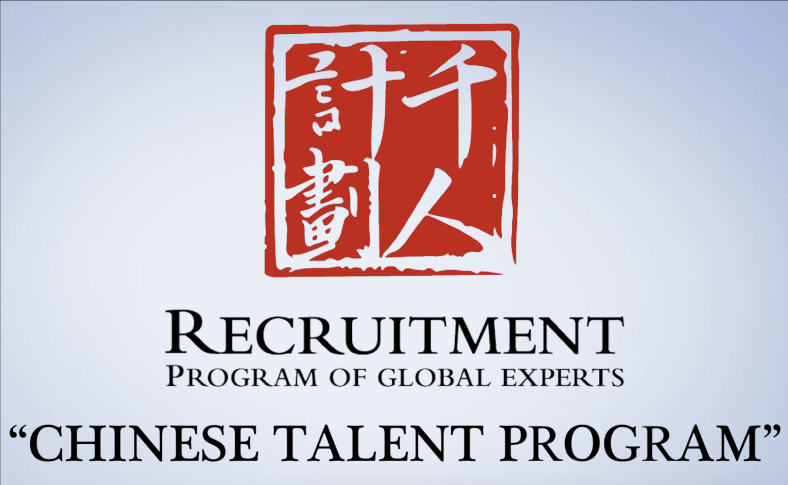Collins’ main concern appeared to be the failure of researchers accepting NIH funds to disclose “substantial resources from other organizations, including foreign governments” and promised that the NIH would follow up with researchers about the matter.
Now, 77 major U.S. research universities have reportedly been asked to provide information about specific faculty members with NIH funding who are believed to have links to foreign governments. But ScienceInsider has learned that at some institutions, every researcher flagged by the NIH is Chinese-American.
While disclosing these relationships should be a key part of research integrity, scientists and university administrators are reportedly worried that any collaboration with a foreign colleague will be seen as problematic or an indication that intellectual property is at risk.
Since international collaboration is key to the progress of research, universities are scrambling to decide how to deal with the requests and new collaborations going forward. As U.S.-China tensions continue to heat up with each country trying to outdo the other in fields like gene editing and AI, it appears that any research done in collaboration with Chinese colleagues may come under extra scrutiny.
Furthermore, foreign-born scientists who maintain international ties but now work in U.S. universities could be investigated more closely as well.
University administrators who talked to ScienceInsider on the basis of anonymity reported:
“People have already told me that they are rethinking whether they should continue to work with someone from another country.”
The letters sent, which are so far not available to the public, vaguely ask universities to explain a faculty member’s failure to disclose a foreign connection to the NIH. ScienceInsider also reported:
“It is not clear how the agency developed its list of targeted researchers.
University officials also told ScienceInsider that some of the allegations have turned out to be unfounded, either because no relationship exists or because it had already been disclosed.
Another major problem with the request is that it’s unclear what counts as a tie to a foreign researcher or university as well as when a failure to report could lead to sanctions. For example, what counts as substantive collaboration, especially if there was no joint funding or co-mingling of financial or other resources, is unclear.
An advisory committee for Collins delivered a report in December 2018 titled “Foreign Influences on Research Integrity,” and specifically mentioned the threat of China’s “Talents Recruitment Program,” which the Pentagon claims promotes the “illicit transfer of U.S. technology, intellectual property, and know-how” to China.

The report states that the number of people involved in “inappropriate activities” is small and that while “foreign nationals make important contributions to American institutions and to science,” the U.S. must protect the nation’s intellectual property. It also blatantly cited China as the “focus of current concern.”
One policy change suggested was to ask researchers to report conflicts of interest “in which no financial remuneration is indicated but which overlaps with [the] scope of [an] NIH award.” This raises further questions about how much control the NIH has over a scientist’s research outside of their NIH-funded activities.
The new guidelines also put Chinese graduate students or research visitors at risk of increased scrutiny in the future. While it’s reasonable to take precautions against espionage and violations of research integrity, scrutinizing Chinese scientists so closely could have a detrimental effect on future collaborations.
The Trump administration has already moved to limit the duration of visas for some Chinese students in high-tech fields, leaving academic researchers concerned that this could hinder scientific innovation, alienate talented Chinese researchers who could help advance American science, and lead to discrimination against Chinese researchers already in the country.







Share Your Thoughts